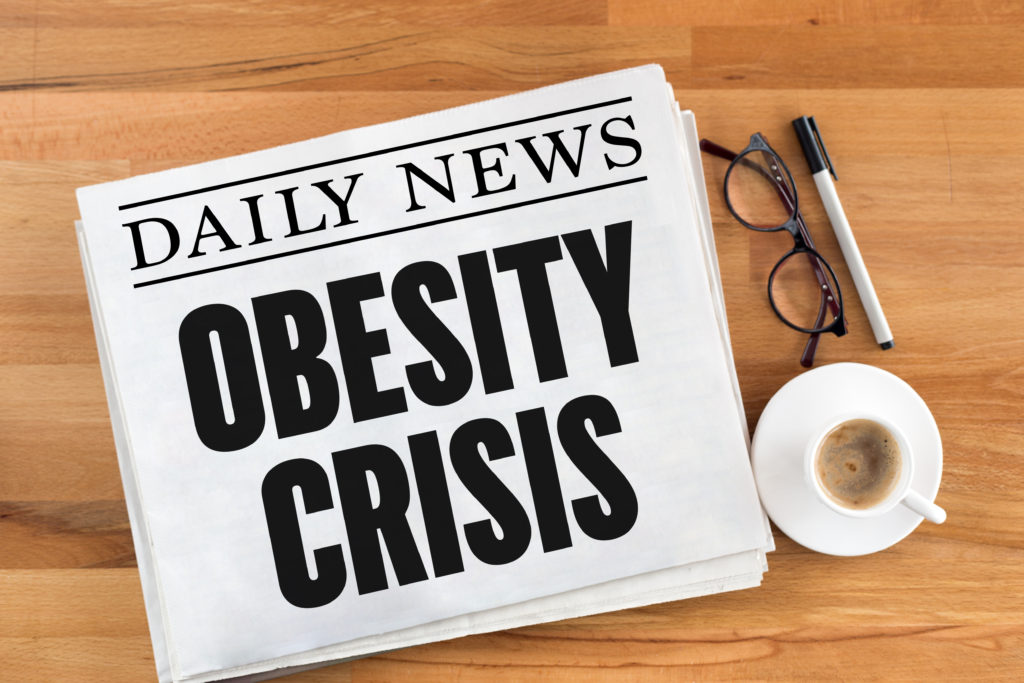
For many years now we have been aware of the growing crisis and pandemic of obesity, heart disease and diabetes across many developed nations of the world. The addressing of this health crisis is often pushed to one side or dealt with through medication and choices to maintain lifestyles.
Obesity has ‘tripled’ in recent years in Europe due to reduced exercise, increased intakes of sweetened drinks and processed foods (European Federations of Associations of Dieticians).
The last year has thrown a stark light on all aspects of this obesity pandemic through the Covid19 Pandemic. All of a sudden work, holidays, socialising has taken a secondary position to health, relationships and the home. Whilst for many this has provided an opportunity to tackle health and weight issues, it is also a difficult situation of constant lockdowns and time at home with increased stress, mental health considerations and access to constant food; ‘Lockdown 15’ being an actual term to describe lockdown weight gain.
It is no coincidence that increased weight and associated chronic diseases such as heart attacks, hypertension, diabetes etc. carry an increased risk of serious Covid infections. The commonly prescribed angiotensin-converting enzyme inhibitors (ACEIs) and angiotensin receptor blockers (ARBs) increase ACE2 receptors in the heart and lungs which is the primary protein receptor for this coronavirus (Diaz 2020). Evidence is mounting that these comorbidities predispose those infected to worsened outcomes. Chronic and infectious disease all share inflammation and reduced immune function.

What Can We Do?
The government are more aware than ever before that obesity needs to be tackled as a preventative measure for chronic disease burden. Whilst nutrition and personalised nutrition is not an instant magic cure for the pandemic it is the most powerful way that we, as individuals can influence our own disease response and future health. As a nutritional therapist it is common to find that clients begin to feel the health benefits after only a short time of making healthier choices on a daily basis.
The things to consider:
Eat a healthy diet – Lots of colourful vegetables and berries. Aim to eat plants with every meal. Adequate nutrients are important in fighting disease.
Use herbs and spices liberally –These are powerful compounds and can sometimes be contraindicated for an individual. However, they are medicinal in interfering with viral entry into cells. Curcumin (turmeric) is an excellent choice to cook with.
Vitamin D – ensure adequate intakes of Vitamin D and consider taking a good supplement
Protein – consume moderate good quality proteins to support immune function
Reduce or cut out sugar – Reduced immune function is a direct effect of high sugar intake.
Move – Exercise and fresh air will not only aid with weight maintenance and loss but also reduce stress
Laugh – and engage with those that you love.
Diaz, J.H (2020) Hypothesis: angiotensin-converting enzyme inhibitors and angiotensin receptor blockers may increase the risk of severe COVID – 19. Journal of Travel Medicine. 27 (3)
Ritchine, H and Roser, M (2020) Obesity, Our World in Data. Available at: https://ourworldindata.org/obesity
Holick, M F (2006) High prevalence of vitamin D inadequacy and implications for health. Mayo Clinic Proc; 81; 353-73
Manoharan, Y., Haridas, V., Vasanthakumar, K.C., Muthu, S., Thavoonullah, F and Shetty, P (2020) Curcumin: a Wonder Drug as a Preventative Measure for COVID19 Management



